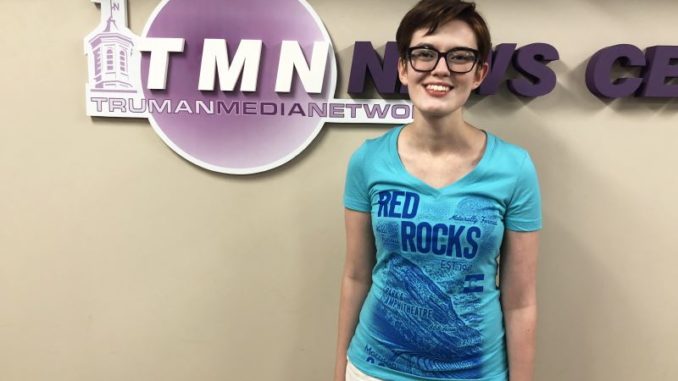
If you have picked up an issue of The Index before this very moment, you probably know mental health is a contentious issue at Truman State University. Students have been demanding mental health reform for several years now, from increased University Counseling Services funding to friendlier University-wide attendance policies. Underlying this discourse, however, is a question that’s gone largely ignored thus far: to what extent is it the University’s job to provide all this support?
Let me be clear: this is not an anti-mental health column. Our college years are stressful, and having mental health support during that time is not a bad thing. Universities should shape their policies and structures to support mental health as much as is reasonable. My concern is Truman students are coming dangerously close to crossing that “reasonable” line with their demands.
The University’s job is to prepare students for jobs and graduate school, as well as to help them reach those goals. Universities do this by providing a post-secondary education and various auxiliary resources. Some of those resources, like the Career Center and the Center for Academic Excellence, contribute to a student’s academic journey rather obviously. Perhaps less clearly, UCS also serves this purpose by helping students feel mentally well enough to participate in classes.
One of the biggest complaints I’ve heard about UCS, particularly from Facebook friends, is this perception that UCS is only interested in treating students to make sure they keep paying tuition and generating revenue for the University, a claim I cannot defend with any available documentation. Regardless, this argument doesn’t make sense given that Truman is not a for-profit university. This critique should instead consider Truman a for-education university, as cheesy and redundant as that might sound. It makes much more sense to suggest UCS treats students to help them get the education they’re paying for, not to manipulate them into throwing money at a university where they aren’t thriving.
This reality is especially obvious when considering how UCS will refer students to other resources or recommend a leave of absence from Truman once students’ needs exceed what UCS can provide. If UCS and Truman were in the mental health business for the money, they would encourage students to continue attending the University at all costs, even if it meant they would fail their classes and not get the education necessary to graduate and succeed afterward. Clearly counselors are not promoting this behavior because they are instead advising students to take whatever action will best prepare them for academic success, including leaving Truman.
This policy inherently seeks to further students’ academic wellness, not necessarily their mental wellness, and this is perfectly reasonable. Truman is an academic institution; it is designed to give you an education. UCS is a mental health institutional subunit of Truman; it is designed to make you well enough to get the education Truman is trying to provide. It is neither Truman’s nor UCS’s job to better your mental health if it does not also better your educational experience. While these normally go hand in hand, Truman should reserve the right to act accordingly whenever a distinction presents itself.
You want better mental health support for mental health’s sake? Demand more of institutions where that is their sole purpose. Demand a health care system that makes mental health resources accessible and affordable for everyone. Demand your state and federal lawmakers to approve legislation creating and funding such a system.
Fixing mental health care is a dirty job, and someone has to do it. That someone is not Truman.
